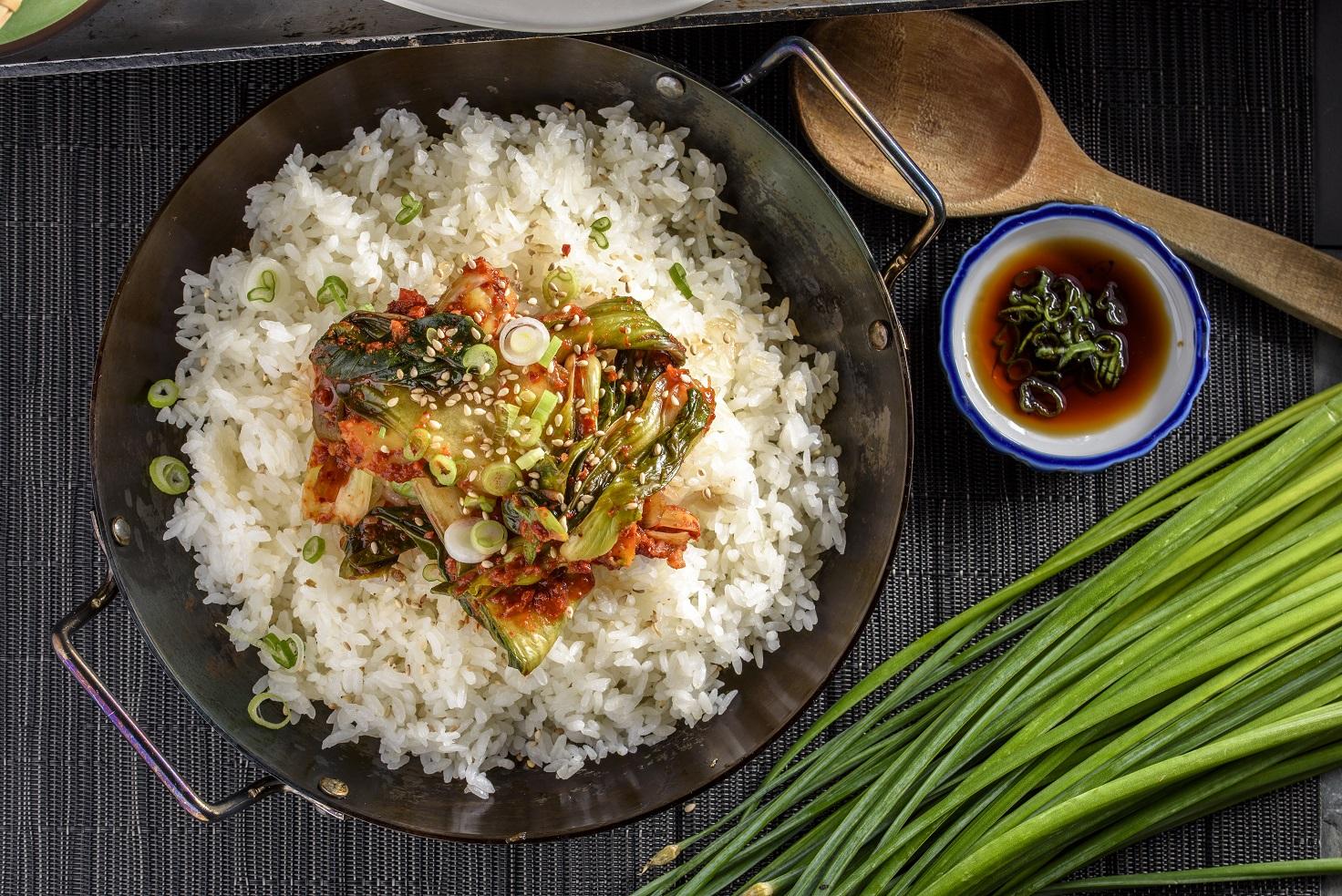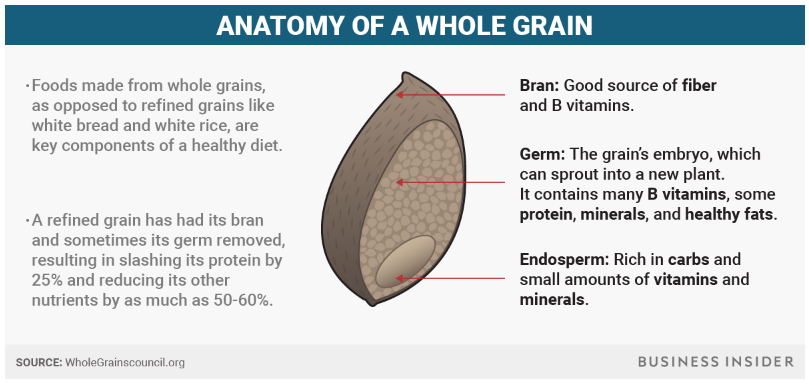Why you should stop eating white rice, according to a physician

Your support helps us to tell the story
From reproductive rights to climate change to Big Tech, The Independent is on the ground when the story is developing. Whether it's investigating the financials of Elon Musk's pro-Trump PAC or producing our latest documentary, 'The A Word', which shines a light on the American women fighting for reproductive rights, we know how important it is to parse out the facts from the messaging.
At such a critical moment in US history, we need reporters on the ground. Your donation allows us to keep sending journalists to speak to both sides of the story.
The Independent is trusted by Americans across the entire political spectrum. And unlike many other quality news outlets, we choose not to lock Americans out of our reporting and analysis with paywalls. We believe quality journalism should be available to everyone, paid for by those who can afford it.
Your support makes all the difference.From a nutritional standpoint, white rice pales in comparison to its whole grain cousin, brown rice.
It gets digested quickly, is rapidly processed into sugar, and only fills you up for a short period of time. In comparison, brown rice is processed slowly, churning out a steady stream of fuel to power your muscles and keep you feeling sharp.
White rice is a refined carbohydrate, similar to those found in white bread, flour tortillas, and most breakfast cereals. So inferior is it to whole grains that Roxanne B. Sukol, a Cleveland Clinic physician and the medical director of its wellness enterprise, says people should simply call it a "stripped carb" -- because it has been "stripped of all [its] nutrition."
In the book "Grocery: The Buying and Selling of Food in America," Sukol told author and chef Michael Ruhlman that these "stripped carbs" were her chief nutritional concern. In rice, they can be easily avoided by choosing brown over white. But refined carbs lurk in dozens of processed foods as well, including granola bars, baked goods, pizzas, and pastas.
Diets high in refined carbs have been tied to weight gain and obesity. A review of 50 studies on diet and weight gain published in the journal Food and Nutrition Research found that on average, the more refined grains someone ate (like white bread and white rice), the more weight they tended to gain over the study period. By contrast, the more whole grain foods someone ate (like whole-wheat bread and brown rice), the less weight they tended to gain.
"Stripped carbs" start out just like their whole-grain cousins. In the factory, however, food makers remove the grains' nutritious, fiber-rich outer shells, such as the germ and bran. As a result, refined grains have less protein, fiber, and vitamins than whole grains.

Cara Anselmo, a nutritionist and outpatient dietitian at New York's Memorial Sloan-Kettering Cancer Center, said another problem with refined carbs like white rice is that they are easy to overeat.
"It's definitely easiest to overdo it with drinks, refined carbs, foods that have added sugar or are highly processed -- those are things that we just tend to keep going," she told Business Insider.
This doesn't mean all carbohydrates are bad, however. Instead of telling clients to ban things like bread and rice from their diets, Anselmo advises swapping foods with refined carbs for whole grain alternatives, like brown rice and whole-grain bread.
"People need to understand there are nutritious carbohydrates," Sukol told Ruhlman. These include fruits, vegetables, many beans, and legumes, which Sukol said contain a "fiber matrix" that slows down how quickly they get converted to sugar.
Several recent studies suggest that the best diets are based around whole grains, vegetables, and lean proteins. US News and World Report's analysis of the best eating plans described plant-based diets -- which have whole grains and vegetables as their cornerstone -- as "good for the environment, your heart, your weight, and your overall health."
If you're looking to make a simple, healthy change to your diet, this might be one to try.
Read more:
• How much the best paid workers in 20 professions earn
• Seven outdated men’s style ‘rules’ that you can now ignore
• 16 skills that are hard to learn but will pay off forever
Read the original article on Business Insider UK. © 2017. Follow Business Insider UK on Twitter.
Join our commenting forum
Join thought-provoking conversations, follow other Independent readers and see their replies
Comments